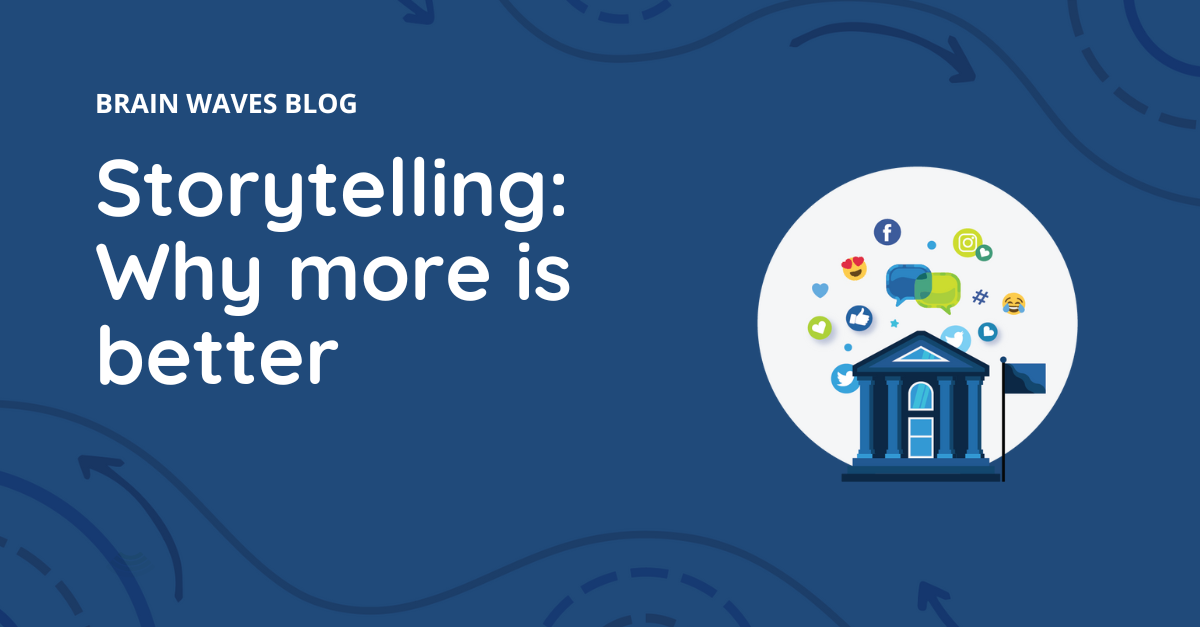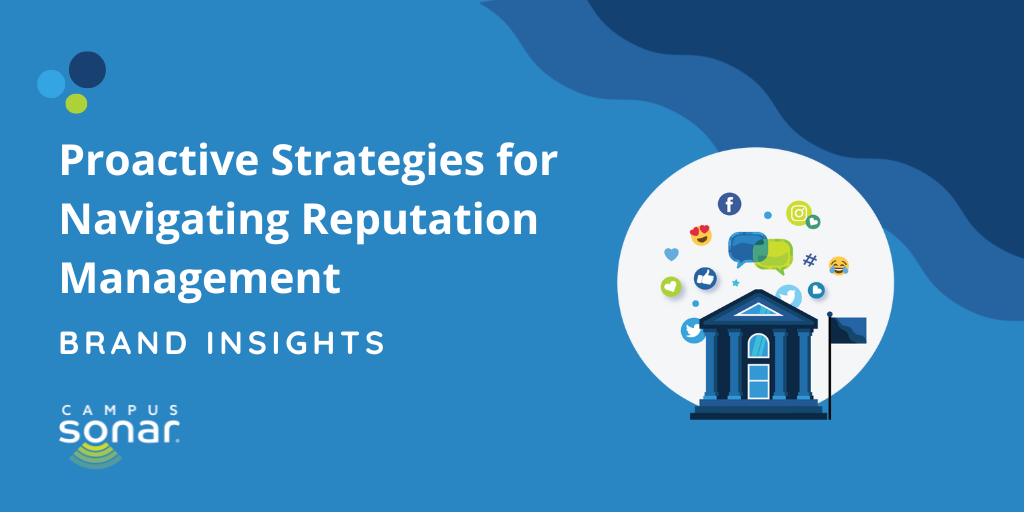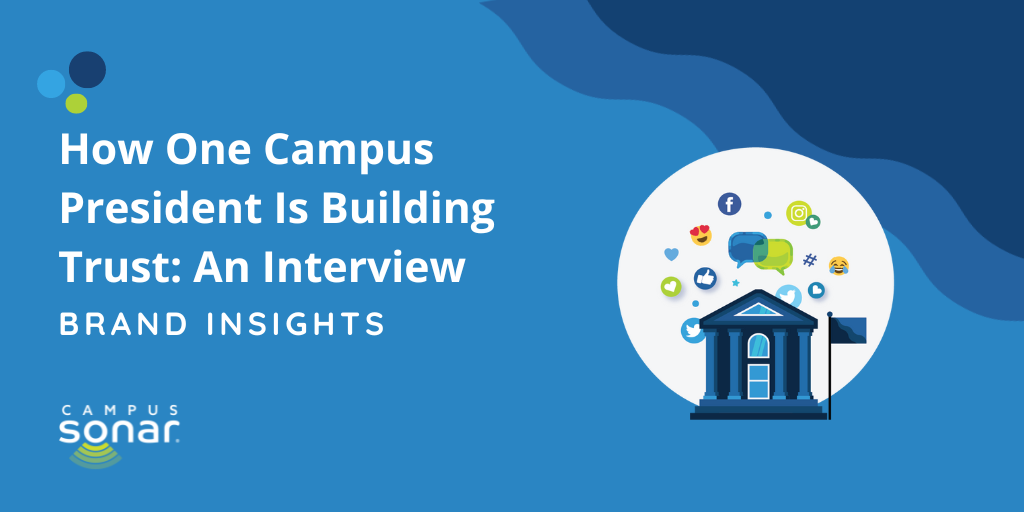
3 ways to optimize your marketing strategy for AI
December 16, 2025
Artificial intelligence (AI) is more than just a buzzword, it’s become woven into the fabric of everyday life. Picture a student searching where to go to college who is met with an AI summary at the top of the search results, or a parent typing prompts into a university chatbot to figure out when Move-In Day occurs, or a professor leveraging generative AI in the classroom to tailor feedback to individual learning styles. In all of these scenarios, you can use AI to center the needs and questions of individuals in your marketing strategy.





